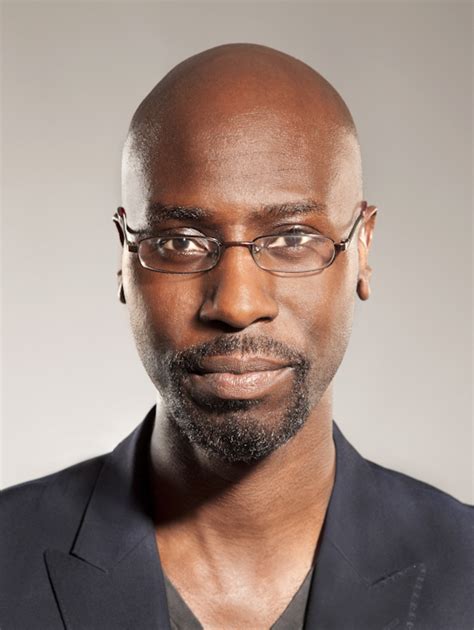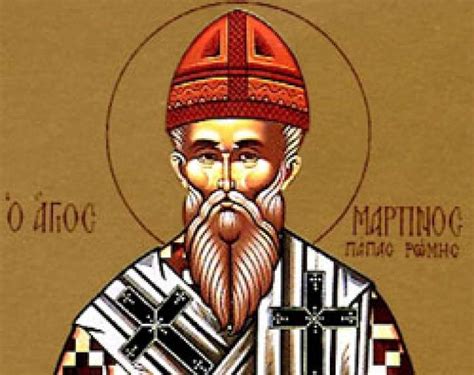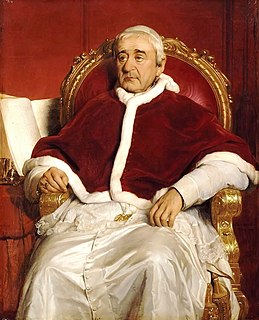A Quote by Vincent de Paul
There is a vast difference between an Apostolic life and the solitude of the Carthusians. The latter is truly very holy but is not suited to those whom God has called to the former, which is in itself more excellent.
Related Quotes
The difference between a man who is led by opinion or emotion and one who is led by reason. The former, whether he will or not, performs things of which he is entirely ignorant; the latter is subordinate to no one, and only does those things which he knows to be of primary importance in his life, and which on that account he desires the most; and therefore I call the former a slave, but the latter free.
All I have learned in life really just boils down to this: there is only one difference between the so-called wise and the so-called foolish...and between those who are truly happy and those who are not. Those who are wise - and those who are happy - embrace and appreciate life. Those who are unhappy and unwise do not. That is all; that is the only difference.
It is not just that we exist and God has always existed, it is also that God necessarily exists in an infinitely better, stronger, more excellent way. The difference between God's being and ours is more than the difference between the sun and a candle, more than the difference between the ocean and a raindrop... God's being is qualitatively different.
The difference between a man who faces death for the sake of an idea and an imitator who goes in search of martyrdom is that whilst the former expresses his idea most fully in death it is the strange feeling of bitterness which comes from failure that the latter really enjoys; the former rejoices in his victory, the latter in his suffering.
Furthermore, through the believer's spirit the Holy Spirit is able to impart God's life to thirsty and dying men. However, this filling of the Holy Spirit differs from the baptism with the Holy Spirit, because the latter is for the purpose of service while the former solves the problem of life (naturally it will affect service too).
Friendship exhibits a glorious "nearness by resemblance" to Heaven itself where the very multitude of the blessed (which no man can number) increases the fruition which each has of God. For every soul, seeing Him in her own way, doubtless communicates that unique vision to all the rest. That, says an old author, is why the Seraphim in Isaiah's vision are crying "Holy, Holy, Holy" to one another (Isaiah VI, 3). The more we thus share the Heavenly Bread between us, the more we shall all have.
We are here speaking in open disapproval of that false system of philosophy, not so long ago introduced, by which, because of an extended and unbridled desire of novelty, truth is not sought where it truly resides, and, with a disregard for the holy and apostolic traditions, other vain, futile, uncertain doctrines, not approved by the Church are accepted as true, on which very vain men mistakenly think that truth itself is supported and sustained.
There is a virtuous fear, which is the effect of faith; and there is a vicious fear, which is the product of doubt. The former leads to hope, as relying on God, in whom we believe; the latter inclines to despair, as not relying on God, in whom we do not believe. Persons of the one character fear to lose God; persons of the other character fear to find Him.
Let this point therefore stand: that those whom the Holy Spirit has inwardly taught truly rest upon Scripture, and that Scripture itself is self-authenticated. . . . Therefore, illumined by his power, we believe neither by our own nor by any one else's judgment that Scripture is from God; but above human judgment we affirm with utter certainty (just as if we were gazing upon the majesty of God himself) that it has flowed to us from the very mouth of God by the ministry of men.
Whom God legally saves, He experimentally saves; whom He justifies, them He also sanctifies. Where the righteousness of Christ is imputed to an individual, a principle of holiness is imparted to him; the former can only be ascertained by the latter. It is impossible to obtain a Scriptural knowledge that the merits of Christ's finished work are reckoned to my account, except by proving that the efficacy of the Holy Spirit's work is evident in my soul.






































